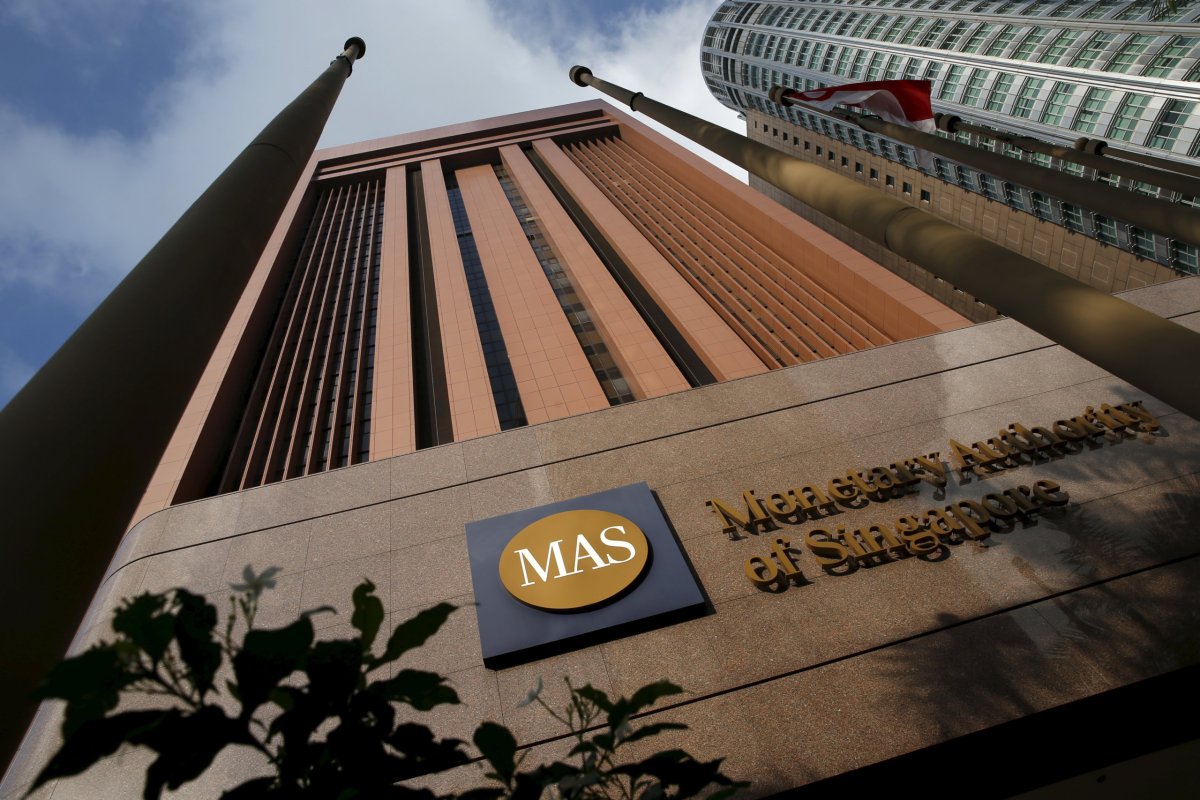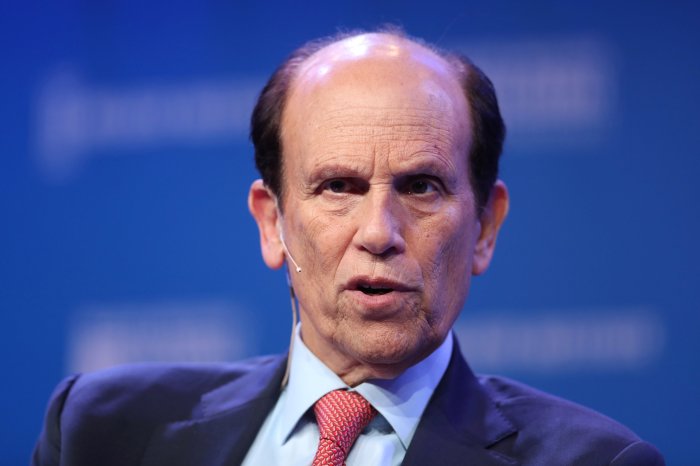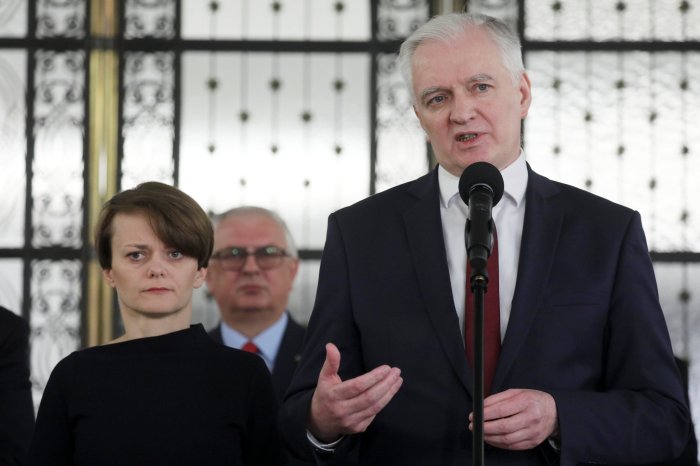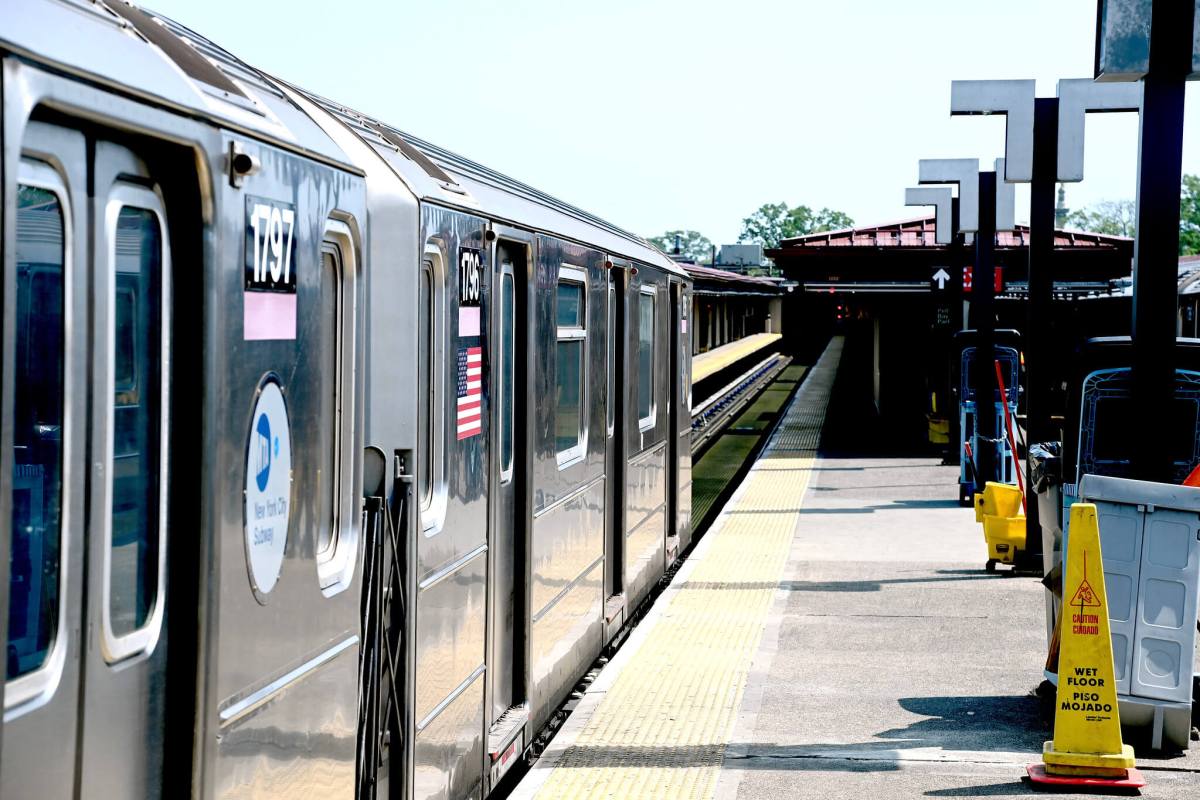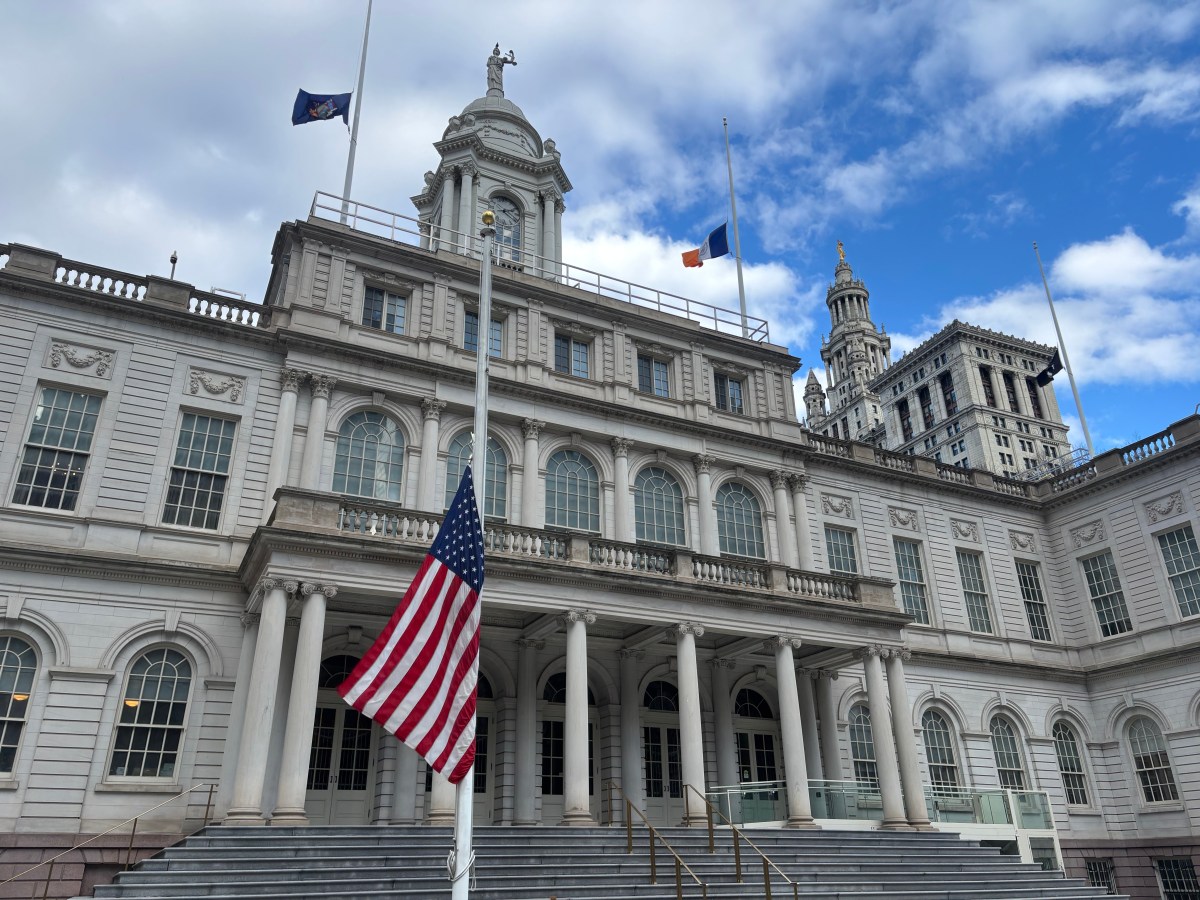SINGAPORE (Reuters – Singapore’s central bank announced further measures on Tuesday to boost bank lending, including relaxing capital buffer and liquidity requirements for lenders, to help mitigate the economic fallout from the coronavirus pandemic.
The Monetary Authority of Singapore (MAS) said in a statement it is encouraging banks to “utilise their capital buffers as appropriate to support their lending activities.
“Our banks have sufficient capital to see them through the current economic slump while continuing to supply credit to the economy to support businesses and individuals,” it said. The release did not specify how much funds would be free up by the move, or when it would take effect.
Singapore’s three main lenders, DBS Group Holdings Ltd <DBSM.SI>, Oversea-Chinese Banking Corp Ltd <OCBC.SI> and United Overseas Bank Ltd <UOBH.SI> had forecast muted earnings growth for 2020 even before the virus outbreak.
The city-state is bracing for its worst recession ever as the pandemic severely disrupts domestic and global activity. Moody’s downgraded the outlook for Singapore’s banking sector to “negative” from “stable” last week, citing risks of rising bad loans and deteriorating profitability.
In a report last week, Selena Ling, OCBC Bank’s head of treasury research and strategy, noted that a pick-up in Singapore bank loans in February was largely driven by business loans, while consumer loans shrank for the 10th straight month.
On Tuesday, the MAS said it did not see a need to restrict banks’ dividend policies but added that the release of capital buffers should not be used to finance share buybacks during this period.
“Sustaining lending activities should take priority over discretionary distributions,” it said.
Britain’s top banks have axed dividend payments after pressure from the regulator, saving their capital as a buffer against expected losses from the crisis.
The MAS said it will allow banks to “recognise as capital more of their regulatory loss allowance reserves. This will help to enhance banks’ capacity to lend.” The relief will apply until Sept. 30, 2021, and may be extended if necessary.
The central bank said banks may also utilise their liquidity buffers as necessary to meet liquidity demands.
(Reporting by Anshuman Daga; Additional reporting by John Geddie; Editing by Clarence Fernandez and Kim Coghill)

